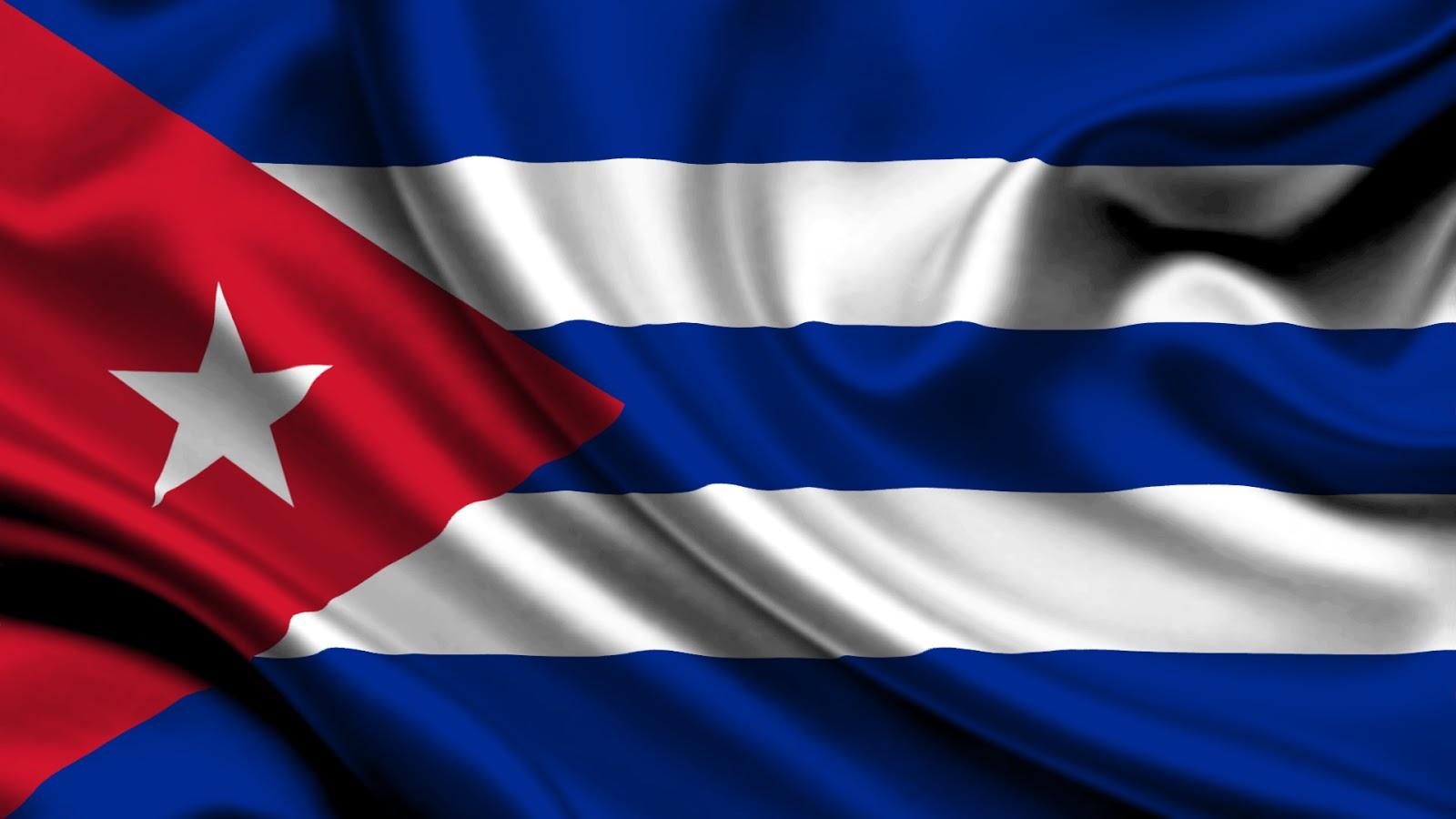
Cuba
highlights:
Involved in: Providing finances, Providing intelligence, Aid for terrorists, Human rights atrocities;
Profit: Profits for leaders, Regime private benefits, Keep the citizens under fear, Damage on domestic democracy;
Spreading: Government propaganda, Fear;
Providing for Terrorists: Information, Funds, Ground, Camps;
Democracy: 
Cuba
Terror FinanciersCuba
ThreatsTerrorists Attacks
CubaCuba
Terror EventsCuba
Terror Extremists
General Info:
It is important to note that when it comes to Cuba, there is much more than meets the eye. This is illustrated by the Cuban doctors who have been shipped around the world to provide medical services while spying for the Castros’ benefit.
The same regime operating in Cuba today that was alive and well during the Cold War.
And although Cuba is a small island, it has a global reach that aims to undermine U.S. interests and security through terrorism, intelligence, and irregular warfare.
In many respects, Cuba can be accurately characterized as a violent criminal organization masquerading as a government. The island’s five intelligence services exist not to protect the nation, but to ensure the survival of the regime. Several of these services, as well as the Cuban military, continue to operate as profit-making entities. From the trafficking of U.S. secrets to running Cuba’s tourism industry, this self-serving and hypocritical capitalism guarantees a continuation of the status quo.
For regime-directed activities we’re looking at specifically bona fide acts of terrorism, Cuban Intelligence Service targeting of the U.S. war on terrorism, and “Active Measures”.
Cuba currently has relations with four of terrorist groups: Hezbollah; the Basque Fatherland and Liberty also known as ETA; and two Colombian groups, the Revolutionary Armed Forces of Colombia and the National Liberation Army. Regarding state sponsors of terrorism, that definition is self explanatory and I’ll continue to move right along.
Cuban involvement with terrorist groups, would be useful potentially to those terrorist groups depending on the kinds of insights that they were looking for and what they were planning to do.
Cuba has historically been tied to well over 40 different terrorist groups since the 1960s and their basic protocol is to provide them intelligence training first, let them get on their feet so they can begin conducting their own operations and then once they’re successful, migrate over to bilateral operations within their own lane of the road, if you will.
So in essence, it allows Cuba to conduct intelligence operations by proxy.
Cuba was designated as a State Sponsor of Terrorism in 1982 because of its long history of providing advice, safe haven, communications, training, and financial support to guerrilla groups and individual terrorists.
This designation was rescinded in 2015 after a policy review found Cuba met the statutory requirements for rescission. Cuba maintains close and collaborative ties with designated state sponsors of terror such as Iran and North Korea. Citing peace negotiation protocols signed by Colombia in 2016 that stipulated safe passage for ELN negotiators back to Colombia, the Cuban regime continued to permit ELN negotiators associated with now-defunct peace talks to reside in Cuba, despite Colombia’s repeated requests for their extradition. Cuba also continues to harbor multiple fugitives who committed or supported acts of terrorism in the United States.





